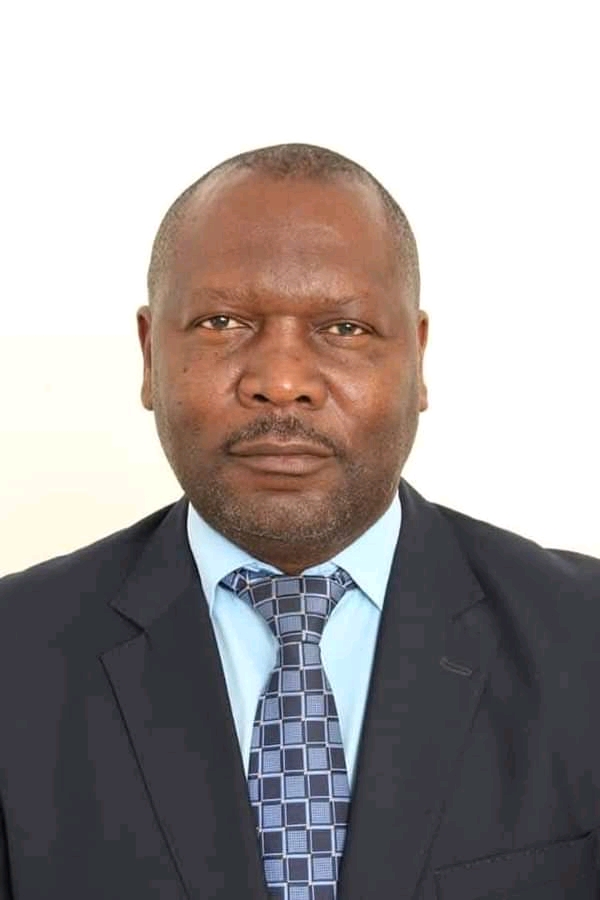Silencing Dissent: Shielding Tribalism Behind the Veil of Hate Speech Laws
By Dr Lawrence Mwelwa
The introduction of new laws under the guise of curbing hate speech raises profound questions about their true intent. For decades, Zambia has prided itself on being a beacon of peaceful coexistence in a region often plagued by strife. Why, then, has the government chosen this moment to legislate against expressions of hate, ridicule, or contempt? Could it be that the real target is not hate speech itself but the voices calling for accountability, fairness, and inclusivity?
Critics have long warned against the weaponization of legal frameworks to suppress dissent. When laws are crafted in broad, ambiguous terms, they become tools of convenience for those in power. “Freedom is the right to tell people what they do not want to hear,” George Orwell reminded us, yet the essence of such freedom appears under siege. If the architects of these laws sought only to protect social harmony, why have similar measures not been deemed necessary during the decades of Zambia’s peaceful coexistence?
This legislation arrives at a time when the specter of tribalism looms larger in national discourse. Critics like Dr. Sishuwa Sishuwa have courageously highlighted disparities in representation across regions and tribes, not as an act of malice but as a call for fairness. These critiques demand not punishment but introspection. As Theodore Roosevelt once observed, “Patriotism means to stand by the country. It does not mean to stand by the president or any other public official.”
The law’s harsh penalties, coupled with its vague wording, suggest a calculated effort to silence critics under the pretense of protecting unity. Who benefits when discussions about tribal imbalances are swept under the rug? Are the true culprits of tribalism—the manipulators of appointments and enforcers of exclusionary policies—seeking refuge behind these laws? These questions linger uncomfortably in the minds of many.
The potential for misuse is undeniable. By granting the Director of Public Prosecutions exclusive authority to greenlight prosecutions, the law centralizes power in a way that undermines impartiality. It allows for selective application, shielding allies of the ruling party while targeting critics. Is this justice, or is it a veiled form of repression? Dr. Martin Luther King Jr.’s timeless warning resonates here: “Injustice anywhere is a threat to justice everywhere.”
History offers grim lessons about the consequences of unaddressed tribalism. Rwanda’s genocide and Nigeria’s Biafran war both stemmed from the festering wounds of ethnic favoritism and exclusion. Zambia must not tread a similar path. Yet, silencing those who point out such dangers only increases the likelihood of unrest. As Nelson Mandela wisely noted, “Resentment is like drinking poison and hoping it will kill your enemies.”
The philosophical foundations of human rights demand transparency and accountability. The Universal Declaration of Human Rights enshrines the right to freedom of speech and opinion, recognizing that open dialogue is essential for democracy. To erode these freedoms under the guise of combating hate speech is to undermine the very principles upon which a just society is built.
This legislation also raises broader philosophical questions. Is it just to criminalize thoughts and expressions that challenge authority? Aristotle taught us that “It is the mark of an educated mind to entertain a thought without accepting it.” Shouldn’t a democratic society foster an environment where ideas—however uncomfortable—are debated, not criminalized?
The Zambian government faces a critical choice. Will it embrace transparency and dialogue, addressing the root causes of tribal tensions, or will it cloak itself in legal impunity, stifling the voices of those seeking justice? Silence, after all, is not a cure for tribalism. It is merely a mask for its perpetuation.
Unity cannot be legislated. It must be earned through equity, fairness, and respect for diversity. By enacting laws that punish dissent, the government risks deepening divisions rather than healing them. As Zambians, we must ask ourselves: Are we building a society where all citizens feel valued and represented, or are we allowing fear and repression to dictate the future?
The answers to these questions will define Zambia’s trajectory. Let us hope they are guided not by fear of criticism but by a genuine commitment to justice, equality, and democracy. Only then can Zambia honor its legacy as a nation of peace and unity, free from the shadows of tribalism and oppression.
Silencing Dissent: Shielding Tribalism Behind the Veil of Hate Speech Laws
